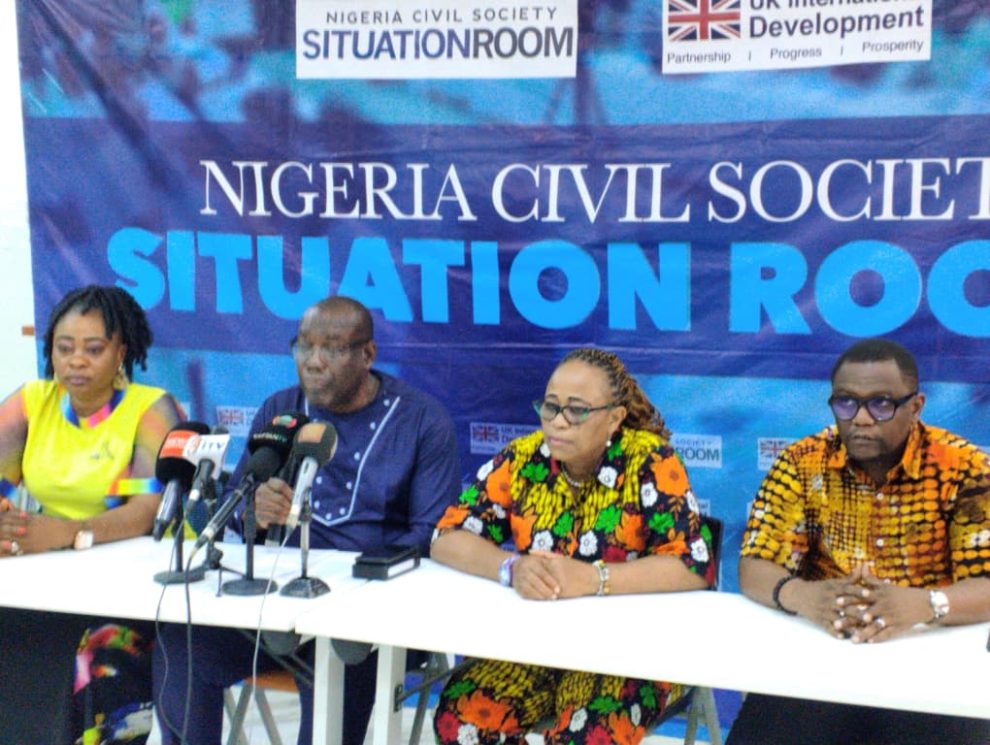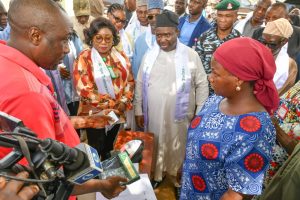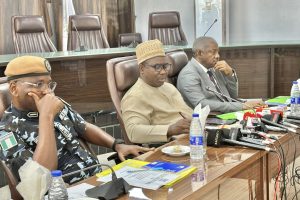Abuja, Nigeria – The 2025 Anambra State Governorship election, held on Saturday, November 8, 2025, was largely peaceful but plagued by “disappointingly low” voter turnout and the persistent issue of vote buying, according to a final statement released today by the Nigeria Civil Society Situation Room (Situation Room).
The final statement was signed by the coalition’s leadership: Yunusa Ya’u, Convener; Mimidoo Achakpa, Co-Convener; and Franklin Oloniju, Co-Convener. The civil society group, which deployed accredited observers across the state’s 21 local government areas, praised the “collective commitment” of Anambra’s people for ensuring a “conducive and calm electoral environment,” which it identified as the primary driver of the peaceful proceedings.
Key Findings from the Situation Room
Election Administration: Commendations for INEC
The Independent National Electoral Commission (INEC) was commended for managing its core processes “effectively.”
- Timeliness: Although polls opened relatively late—averaging 9:15 am due to transport delays—the electronic Bimodal Voting Accreditation System (BVAS) was largely optimal.
- Result Transparency: The speed and integrity of the collation process were hailed as a positive development, being “devoid of the irregularities typically associated with INEC’s vote tabulation.”
- IReV Portal: The INEC Results Viewing Portal (IReV) was swift, achieving a 97% upload rate of polling unit results within five hours of the close of polls.
- Inclusion Gaps: While priority voting was mostly respected for vulnerable groups, the availability of assistive materials, such as braille guides and magnifying glasses for Persons with Disabilities (PWDs), was inconsistent.
Security Concerns: Strong Presence, Weak Enforcement
Security agents were present in large numbers and “generally managed their duties with civility.” However, the Situation Room highlighted a significant failing:
“Situation Room would like to highlight the continued reluctance of security agents to take decisive actions against the widespread practice of vote buying during the electoral exercise.”
One partner organisation recorded 35 incidents of violence, ranging from voter intimidation to physical assault and one fatality.
The “Unhealthy Transactional Nature” of Elections
The most strident criticism was reserved for the pervasive practice of vote buying and selling, which the coalition lamented “has continued to thrive, and was in full swing.”
The group squarely blamed the “pauperization of the citizens” and a political class whose actions they described as bordering on a “Machiavellian understanding” that the ends justify the means.
Voter Apathy and Low Turnout
Despite the improved political and security climate compared to the 2021 governorship election, voter turnout remained a major concern.
- The turnout was estimated at about 21% of the 2,769,137 collected Permanent Voter Cards (PVCs).
- The group noted that many citizens seemed “uninterested in the process and were seen carrying on with their trading in the markets,” calling for a “deeper reflection” on how to overcome public disillusionment.
Call for Reforms: Abuse of State Power
The Situation Room also expressed concern over the “continuous abuse of state power by incumbents,” citing restrictions on political campaigns and billboards that undermine a level playing field. It called for electoral reform that “strictly criminalizes” such abuse of state authority.
Conclusion and Next Steps
The Situation Room concluded that the election, while peaceful, was “marred by what may be attributed to lingering public distrust in public institutions and governance.”
The group called for the strict enforcement of laws against vote buying and urged the National Assembly to “quickly accelerate pending legislative actions for electoral reforms” to enhance participation and ensure the effective prosecution of electoral offenses.
The lessons from Anambra 2025, the statement concluded, must inform deeper reforms and be applied to upcoming elections, including the 2026 Governorship polls in Ekiti and Osun States, as Nigeria heads towards the 2027 General elections.





Add Comment